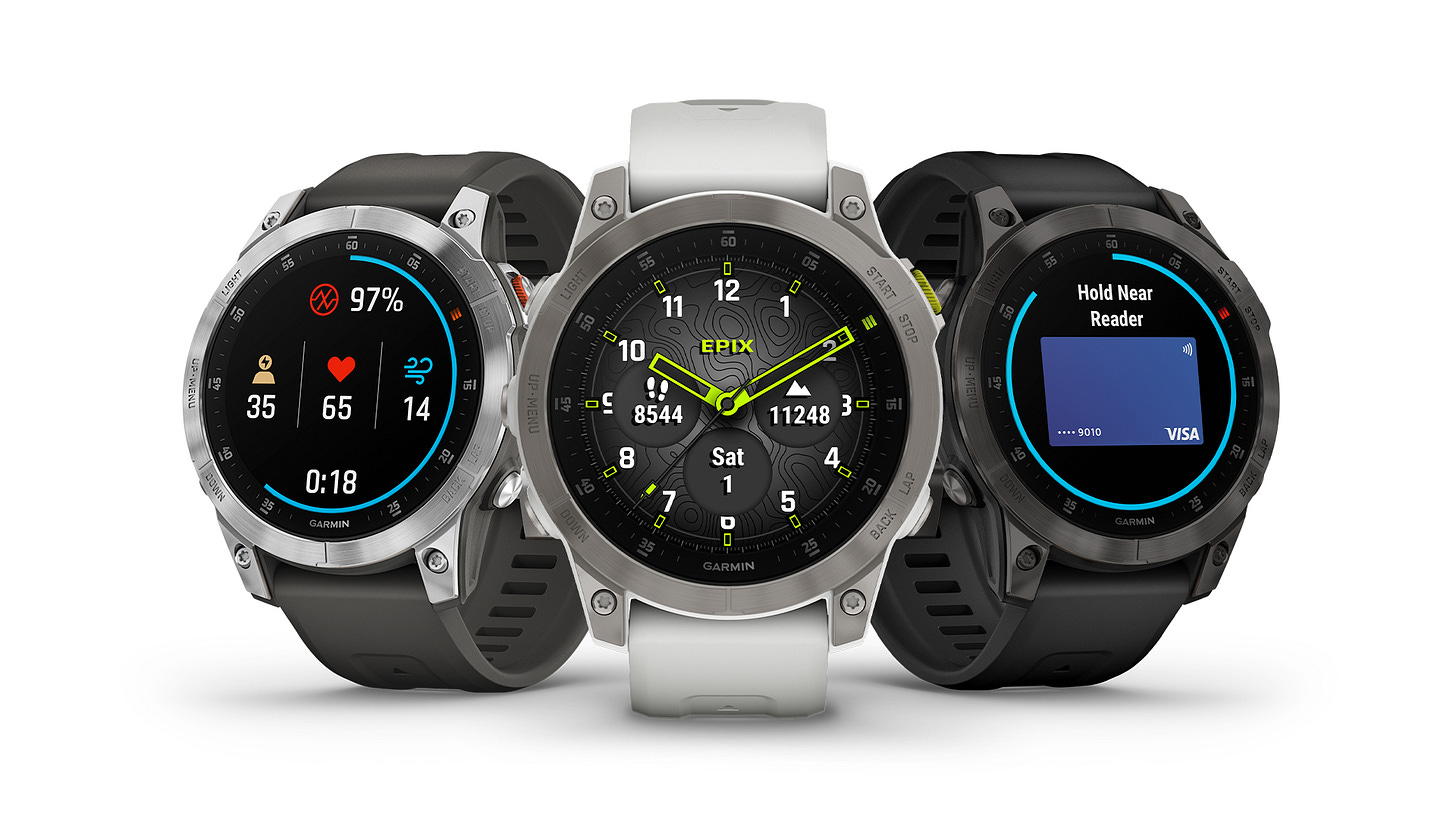Time To Relax. This Smartwatch Tells You When
Preparing for the unexpected is now expected.
A smartwatch that doesn’t tell time may seem like a dumb idea but in an overscheduled, frenetic world, a wearable whose main function is to tell you when to relax may be a gadget whose time as come. The Nowatch measures and predicts stress by measuring cortisol levels in your body. That’s the hormone that regulates stress levels. Nowatch, based in Amsterdam, was developed in conjunction with Philips, the Dutch electronics giant. Nowatch is a screen-less watch so you won’t be glancing at your wrist to check the time (that’s one stress-inducing habit eliminated!). Instead, the watch face is a gemstone that gives Nowatch a fashion look akin to an upscale bracelet. Like other smartwatches, Nowatch monitors heart rate, sleep and other wellness indicators. But Nowatch thinks that its ability to show how you’re feeling now sets it apart. Nowatch considers itself to be the first “awareable” that is firmly focused on the present. Hence the absence of a time-keeping function. Users can discreetly check data on their current state by pressing down on the watch crown. So if you see that your stressing out, you can take some time to relax. There also is an app that offers more in-depth monitoring information. Starting at $300, Nowatch also includes a membership rate that includes stress reducing programs. nowatch.com
Wearables are in focus this month as Google debuted its first smartwatch called the Pixel Watch which incorporates a lot of Fitbit functions following Google’s acquisition of the company. Connectivity is the main difference between two models: the $350 version offers wifi and Bluetooth connectivity while the $400 model adds 4G LTE. The Pixel Watch works only with Android phones, mirroring the tactic of Apple smartwatches that are slaves to its operating system. Apple’s newest smartwatch entry is the $800 Apple Watch Ultra and its ripe with fitness applications. There also is a new “crash detection” sensor that automatically notifies family and emergency services. Just don’t drop it accidentally: one user sent his family into a temporary tizzy when he dropped it while riding a bicycle.
Apple is squarely taking aim at Garmin which dominates the smartwatch space. Garmin’s new $900 Epix comes with a dizzying array of features ranging from health monitoring to sports coaching to topographic maps to music storage as well as its own “incident detector.” Garmin also is going heavy on elegant smartwatches dedicated to specific activities. Its updated Marq collection has smartwatches geared to things like golf, aviation, hiking, and water-based sports. Marq prices are steep, ranging from $1900 to $2400. On the less expensive side, Garmin’s Venu Sq 2 Music Edition ($349) lets you preload tunes so you don’t have to rely on your phone for a running soundtrack. garmin.com
Still, smartwatches have their challenges going forward. A common complaint is that message management is often tricky and time-consuming. You also have to get used to the idea of charging your watch like you do your phone. Privacy is another concern, particularly for the menstrual tracking application as many states enact restrictive abortion laws. These drawbacks may be why the “in the moment” Nowatch caught my eye at a tech expo I attended last week. I have used Fitbit-style wrist tech and while the activity information was initially interesting, I eventually found the whole data-gathering process and review stressful in of itself. If I fall short of 10,000 steps per day does that make me a bad person or a fitness slacker? I’m a regular recreational cyclist but I’m not training for a race any time soon. After a while, I ditched the wrist tech and decided to enjoy the ride. That’s when I relaxed.



